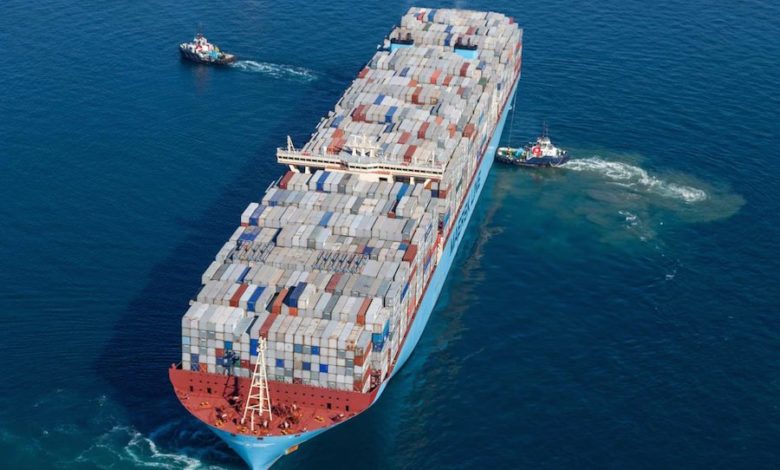Baffled by Maersk’s BAF

David Macleod from Hong Kong freight management and consultancy HoldFast Pacific chips in with his own thoughts on this week’s hot topic, Maersk’s sulphur cap surcharge.
It is no wonder that Monday’s announcement by Maersk Line that it will bring in a new sulphur cap surcharge from the start of next year has garnered so many column inches on this site this week.
It is undeniable that low sulphur fuel is approximately +/- $200 per ton higher in price than heavy fuel oil. And it would be logical that carriers seek to reflect this in their freight pricing. However, logic is a notion that is tested from time to time in liner shipping.
A recent example of such a test reared its head only several months ago when carriers tried and largely failed to institute emergency BAF (Bunker Adjustment Factor) surcharges on rates that had only been finalised literally weeks before on the transpacific. No wonder shippers reacted negatively.
Carrier BAFs are notoriously murky, lacking clear transparency, which is also the case with the latest Maersk effort on the subject. This does nothing to develop mutual trust between carriers and their customers. It is also why a number of BCOs have for many years instituted their own bunker formulas.
All that shippers have been told so far is that bunker prices will skyrocket along with compliance costs. Time will tell how carriers pass on the costs of sulphur cap compliance, which, incidentally, will differ from carrier to carrier. But certainly, more education of the shipper base is required to engender a better understanding of what is required. For instance, how many shippers have heard about scrubbers? Will scrubber conversions be widespread? Likely not. Which carriers can already easily convert to LNG. Very few.
Carriers have been hyping environment friendly issues for a while now but have so far not been able to translate the costs for such into revenue. It will be difficult for carriers to implement inflated standalone BAF surcharges from January 1 next year, let alone meaningful increases in freight rates given the uncertain geopolitical climate and the supply/demand scenario for 2019 on the east/west tradelanes. Moreover, the new sulphur cap rules are only effective January 1, 2020.
But as always, the all-in freight prices will ultimately be set by the market.

Would it be possible to tie Bunker Adjustment Factor to fuel spread LSFO-HFO to differentials quoted in the forward markets? example, throughout 2019, there should be a forward spread quoted for Jan, 2020. If yes, then it could be managed and also this would provide some much needed some transparency.